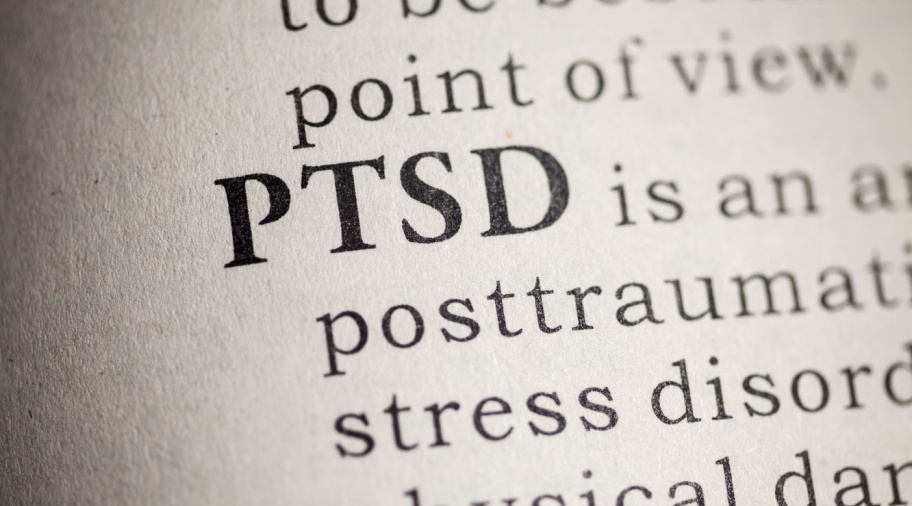People With Opioid Addiction In Reentry After Incarceration Report Peer Navigators ‘Crucial’ For First Months In Community
People with opioid use disorder (OUD) reentering their communities after incarceration in a New Jersey state prison said the peer navigator was crucial to their reentry in the first three months, according to interviews with 39 people in reentry. The participants said the peer navigators provided valuable support for emotional and community-based addiction recovery, and for finding housing and employment. However, many also reported that even with the peer navigator’s assistance, structural and policy barriers limited their ability to quickly secure housing and employment.
For this program, the peer health navigators sought to help those in reentry connect with evidence-based treatment, and to help them address their psychosocial needs, as well as help them develop skills to support long-term wellness. The goal was to establish a relationship based on trust so that the peer navigator could help the person navigate early reentry without OUD relapse.
To gather the experiences of people with OUD in reentry, the researchers conducted in-depth, semi-structured interviews with 39 people who received peer health navigation services at release from state prison between July 2020 and April 2021. About 75% of the 39 interviewed at release (30 people) also completed a follow-up interview four months later.
These findings were reported in “Peer Health Navigation Experiences Before and After Prison Release Among People With Opioid Use Disorder” by Michael Enich, BA; Peter Treitler, MSW; Margaret Swarbrick, Ph.D., FAOTA; and colleagues. The goal was to document the participants experiences before and after release from prison. In the interviews, the researchers assessed the role of peer health navigators and solicited the participants’ views on service improvements. The researchers said additional research should assess whether people who received peer health navigation had fewer overdoses, better treatment engagement, and sustained recovery.
The full text of “Peer Health Navigation Experiences Before and After Prison Release Among People With Opioid Use Disorder” was published February 23, 2023, by Psychiatric Services. An abstract is available online at https://ps.psychiatryonline.org/doi/10.1176/appi.ps.20220310.
For more information, contact:
- Michael Enich, M.D./Ph.D. Candidate, School of Social Work, Rutgers University, 502 George Street, New Brunswick, New Jersey 08901; Email: me412@rwjms.rutgers.edu; Website: https://socialwork.rutgers.edu
Disclaimer: PsychU is supported by Otsuka Pharmaceutical Development & Commercialization, Inc. (OPDC) and Otsuka America Pharmaceutical, Inc. (OAPI). Specific PsychU programs may be supported by OPDC, OAPI and other committed supporters of the mental health treatment community. The opinions expressed by PsychU’s contributors are their own and are not endorsed or recommended by PsychU or its sponsor or the sponsors of the specific PsychU program in which such opinions are expressed. The information provided through PsychU is intended for the educational benefit of mental health care professionals and others who support mental health care. It is not intended as, nor is it a substitute for, medical care, advice, or professional diagnosis. Health care professionals should use their independent medical judgement when reviewing PsychU’s educational resources. Users seeking medical advice should consult with a health care professional. No CME or CEU credits are available through any of the resources provided by PsychU. Some of the contributors may be paid consultants for OPDC and OAPI.


